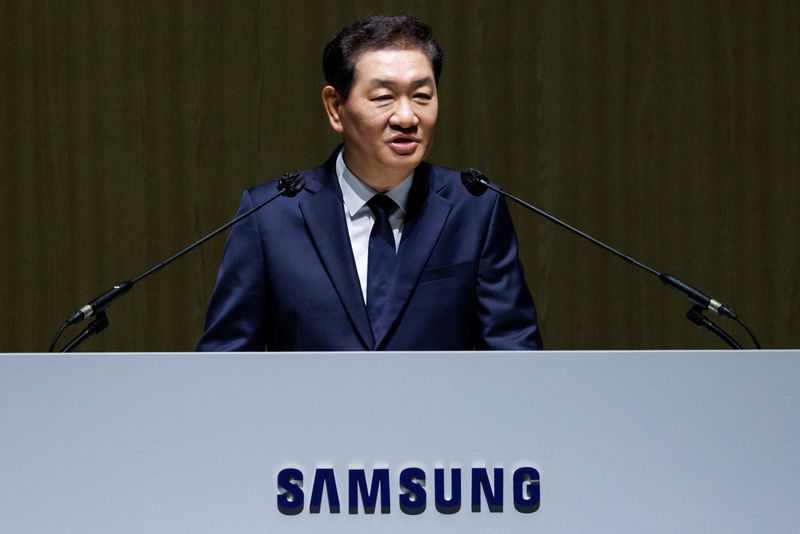Mexico Explores Global Alliances to Counter U.S. Tariffs
 |
| Sheinbaum Signals International Cooperation / Reuters |
Mexico’s government, under President Claudia Sheinbaum, is weighing the option of engaging Canada and other countries in response to the United States’ recent tariff imposition on Mexican and Canadian imports. This strategic move comes as a potential countermeasure to the 25% tariffs introduced by U.S. President Donald Trump, which took effect earlier this week and have stirred economic concerns across North America. Sheinbaum revealed this possibility during her routine morning press briefing, emphasizing that Mexico would pursue international consultation if the tariff situation remains unresolved following her upcoming phone conversation with Trump, scheduled for Thursday morning. With trade being a cornerstone of Mexico’s economy, this development highlights the nation’s intent to safeguard its interests through diplomatic and economic collaboration, potentially reshaping trade relationships in the region.
The U.S. tariffs, which also apply a 10% rate to Canadian energy exports, stem from Trump’s policy to address illegal immigration and drug trafficking, notably fentanyl, entering the United States. Justified under the International Emergency Economic Powers Act, these measures have sparked immediate reactions from both Mexico and Canada, nations heavily reliant on U.S. trade. For Mexico, where exports to the U.S. constitute a significant portion of its $2.7 trillion GDP, the tariffs threaten industries like automotive manufacturing and agriculture. Sheinbaum’s administration has already signaled retaliatory tariffs, with specifics forthcoming, but her latest remarks suggest a broader strategy involving global partnerships. During her press conference, she stated that Mexico “will reach out to Canada and other nations” if dialogue with Trump fails to ease the economic pressure, indicating a proactive approach to mitigate the fallout from U.S. trade policies.
This potential collaboration with Canada makes sense given the shared economic stakes. Both countries have a history of working together under the USMCA trade agreement, and recent statements from Canadian officials echo Mexico’s concerns about the tariffs’ impact on supply chains and consumer prices. Analysts suggest that a coordinated response could involve joint retaliatory measures targeting U.S. goods like agricultural products or steel, or even efforts to diversify trade away from the U.S. market. Beyond Canada, Mexico might seek support from nations in the European Union, Japan, or Latin America, possibly leveraging international forums like the World Trade Organization to challenge the tariffs’ legality. Such a move could amplify pressure on the U.S. to reconsider its stance, though the effectiveness of WTO action remains uncertain given past U.S. resistance to its rulings.
Sheinbaum’s scheduled call with Trump offers a critical opportunity to negotiate relief, but her administration is clearly preparing for all scenarios. Her earlier social media posts reflect a preference for dialogue, noting that “Mexico seeks collaboration between neighboring countries rather than confrontation.” Yet, the looming threat of sustained tariffs has pushed her to explore international alliances as a backup plan. This approach could yield unexpected benefits, such as strengthening economic ties between Mexico and Canada or fostering new trade pacts with other regions. Experts point out that reducing dependency on the U.S., which accounts for roughly 80% of Mexico’s export market, might accelerate efforts to expand trade with Asia or Europe, a shift that could have long-term implications for North American economic integration.
The economic stakes are high, with market reactions already showing volatility; the S&P 500 dipped nearly 2% this week as investors grappled with the tariffs’ ripple effects. For Mexican consumers, the cost of imported goods could rise, while exporters face shrinking profit margins. Canada’s energy sector, despite the lower tariff rate, is also at risk, particularly for crude oil shipments to the U.S. Sheinbaum’s outreach strategy thus serves as both a defensive and offensive play, aiming to protect Mexico’s $475 billion trade relationship with the U.S. while exploring avenues to bolster resilience against future disruptions. Her administration’s dual focus on dialogue and global cooperation underscores a nuanced response to a complex trade challenge.
Politically, Sheinbaum is walking a tightrope between asserting Mexico’s sovereignty and maintaining workable relations with its northern neighbor. Her condemnation of the tariffs as unjust, paired with a call for constructive talks, reflects this balance. If the phone call with Trump yields no progress, the pivot to international consultation could mark a turning point, potentially uniting Mexico with other nations in a collective stand against U.S. protectionism. This scenario might not only alter trade dynamics but also elevate Mexico’s role on the global stage as it navigates one of the most significant economic challenges of her presidency. For now, the world watches as Mexico weighs its next steps, with the outcome of Thursday’s discussion likely to shape the path forward in this unfolding trade dispute.



Comments
Post a Comment